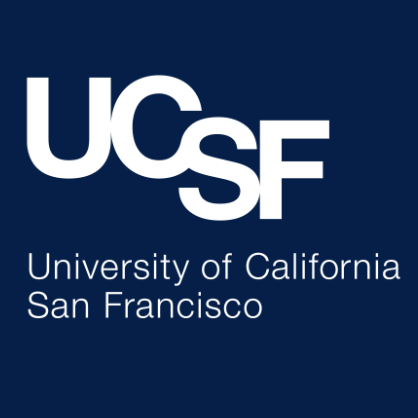How damage to our teeth may also be affecting our brains
Maintaining oral health is a key indicator of overall health and wellbeing. In fact, research suggests that the health of the mouth reflects the condition of the body as a whole. Dr. Pamela DenBesten, Professor of Pediatric Dentistry in the Department of Orofacial Sciences at the University of California, San Francisco, is focused on improving children’s oral health. As the director of the newly founded Center for Children’s Oral Health Research, which focuses on studies related to dental caries prevention, the epigenetic effects of the environment on tooth formation and oral health, tooth tissue biomineralization, and oral health policy and education, Dr. DenBesten plays an active role in the dentistry community in advancing the research behind practice. Dr. DenBesten’s research interests include the use of stem cells in tooth regeneration as well as the causes and treatment of amelogenesis imperfecta, a disorder or tooth development.
However, Dr. DenBesten’s longstanding research interest also focuses on the impact of fluoride on human health. To prevent dental disease, especially in children, it is important to understand the factors that are involved in the formation of tooth decay. Risk factors include high sugar diets but also some less obvious factors like environmental stress and tooth structure. To combat these risk factors, dentists often use fluoride. However, fluoride can affect tooth cells negatively. Dr. DenBesten is investigating whether fluoride can similarly alter other cells in the body, including the cells of the brain. Therefore, her research, although fundamental in nature, addresses important questions about society’s health and wellbeing.
Current research projects include:
-
Cellular Effects of Fluoride: Dr. DenBesten’s studies on the cellular effects of fluoride are particularly focused on determining whether the effects also occur in cells in the brain. Looking at both the amygdala and hippocampus of the developing and adult brain, completed studies have shown that a chromosome regulatory protein that is found in both tooth cells and brain cells is increased in the presence of fluoride. Furthermore, Dr. DenBesten has found that these levels can alter the behavior of mouse models.
-
Environmentally Related Factors and Oral Health: Continued research will investigate the environmentally related factors contributing to oral health. Dr. DenBesten hopes that her research will help to determine the short term effects of these environmental factors as well as the long-standing impacts.
Bio
Dr. Pamela DenBesten has always been curious about how things work and due to that curiosity, has continued to question the status quo by looking for new perspectives to understand the world. While in dental school, she was looking for a way to feel more “creatively connected with science” and a friend suggested that she try research. While she was unfamiliar with research, she decided to give it a try.
When she approached a faculty member, she was given a project to study remineralized of enamel following dental caries related demineralization. After a short time, Dr. DenBesten made a small observation, that eventually set the focus for her entire research career. Her observation was that under a microscope, a cavity looked the same as a fluorosed enamel lesion (caused by fluoride). Dr. DenBesten was fascinated that the same type of changes were present with cavities and fluoride use.
Since her observation in dental school, Dr. DenBesten has continued to question what fluoride does to change enamel formation, and most of all, whether the cellular effects of fluoride are limited to the tooth, or whether fluoride can similarly affect other cells in the body. This experience fueled a fire for research that has continued to grow with her career.
In her free time, aside from research, Dr. DenBesten loves being outdoors and remaining active. She owns two horses that she rides often and is even learning to tango dance!
Website: cor.ucsf.edu


